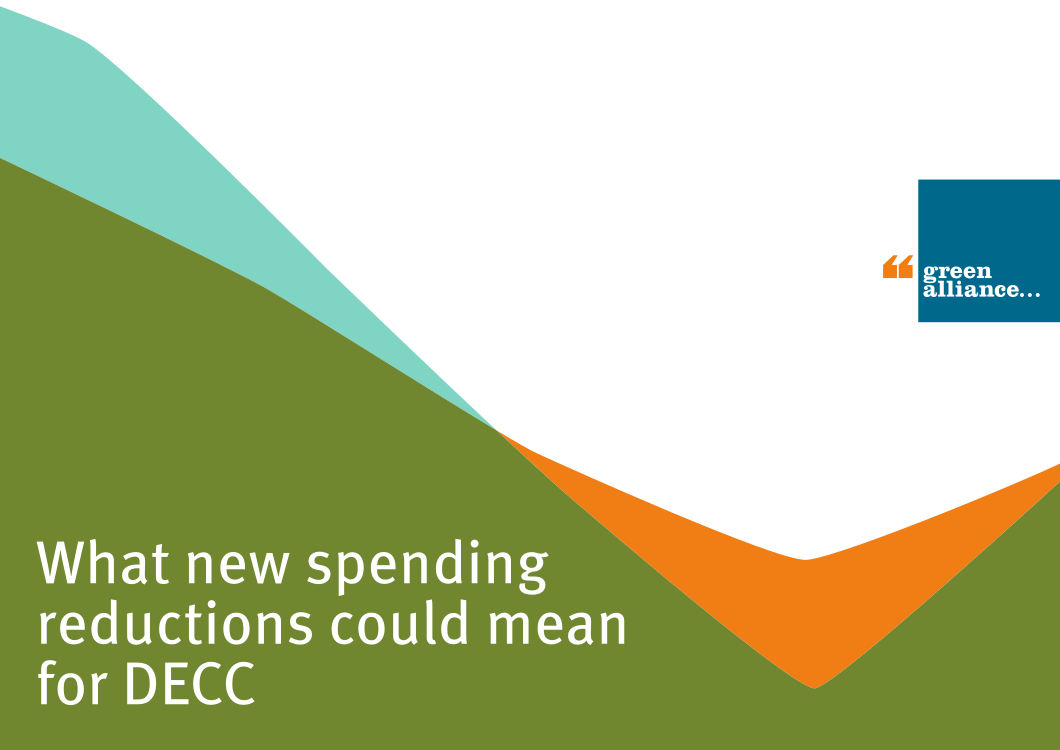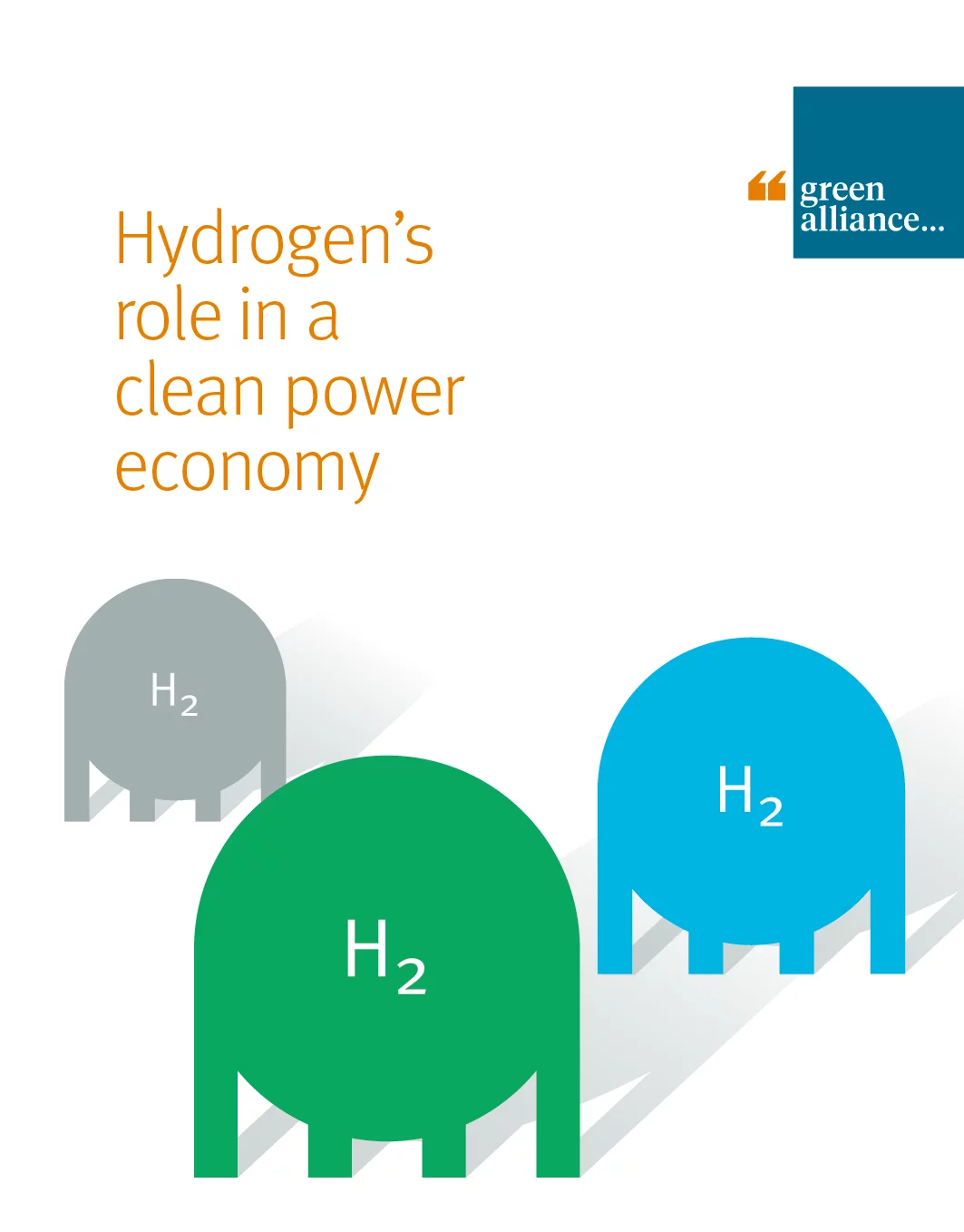This report demonstrates the impact of proposed departmental spending reductions on the government’s ability to deliver its planned energy reforms and climate policy.
The analysis reveals how large historic liabilities from the nuclear and coal industries, a commitment to protect capital expenditure and the ‘roller coaster’ effect of applying spending reductions early on in the parliament could combine to reduce DECC’s budget by half by 2017-18; and its resource budget, which pays for programmes and staff, could fall 90 per cent by 2018-19.
These reductions would have a major impact on DECC staffing, innovation research and energy efficiency spending. Reducing spending on staffing and innovation may raise energy costs to consumers, by making it harder for government to negotiate good deals for back up capacity, low carbon generation and other energy services.
Dustin Benton
Emily Coats
978-1-909980-50-1


